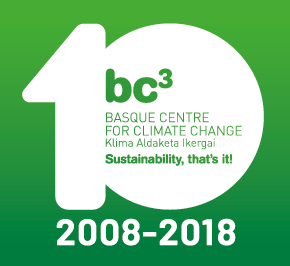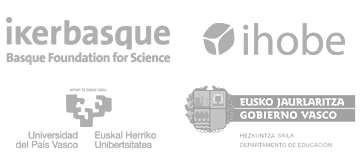 Being a musician and a photographer, how important do you think it is to integrate elements of creativity into climate research?
Being a musician and a photographer, how important do you think it is to integrate elements of creativity into climate research?
I think the idea of a scientist as someone who proceeds from notion to notion through reasoning, deduction and proof may be the popular view, but I believe it is backwards compared to reality. I am more comfortable with the idea that we humans, as complex systems, are born with wired-in intuitions and those of us who make what we call “scientific discoveries” spend their careers learning the language and the tools to articulate and communicate what they always knew. Science is as much a creative act as playing an instrument or producing visual art is, I do not see any boundaries between my activities in science and in the arts – in truth, I think I am always doing the same thing, whether I am playing music, coding, writing research proposals or taking photographs. It’s always the same sand castle I am building. I am fortunate to have the opportunity of seeing it from many different sides, and humbled by the fact that when I look back after a day of working on it, someone else is usually there to watch (and criticize!) what I’m doing.
Still, going against the current can be difficult, especially when pushing science to its limits. For example, you work on interfacing climate research with artificial intelligence, what types of challenges are involved?
I think one of the main problems in academia is a self-referential culture, one that drives researchers to think more about the research itself than the problems it should be solving. I don’t spend much time thinking of the challenges in my work – I am fine when my perception tells me they are solvable. The reason why I believe that an integration, however challenging, of AI with sustainability science is a good thing to pursue is the complexity of human-natural systems. I am convinced that the complex behaviours of ecological, social, economic systems are beyond the understanding of the human mind, let alone the interactions between them. In fact, much of current science has essentially given up understanding to concentrate on the prediction of systems that remain largely unknown, using statistical techniques. AI is central to this process: it can help synthesise the mountains of information coming to us every day into small, ephemeral pearls of wisdom that are mostly only useful in the very moment they are produced, but can give us eyes on the planet that our minds, alone, cannot. The AI used today in sciences like meteorology has not seen similar success to those in integrative areas, like the ones my group work in. Integration is challenging because it requires humility: towards complexity and towards each discipline involved in the dialogue. There isn’t much of that in the academic world. Those are the biggest challenges – and I see solving them as my responsibility to the planet.


